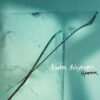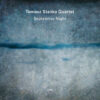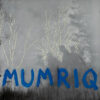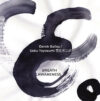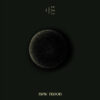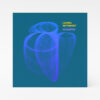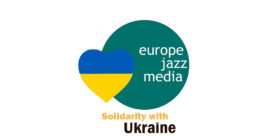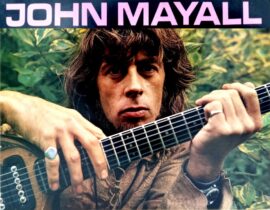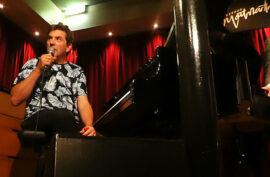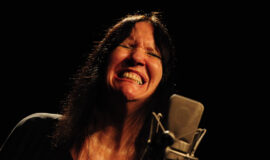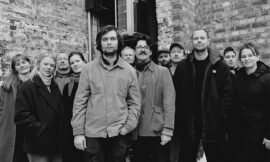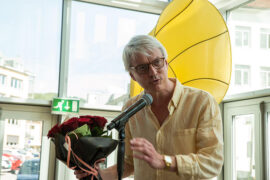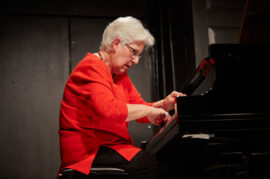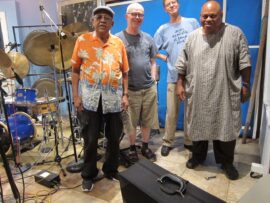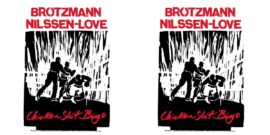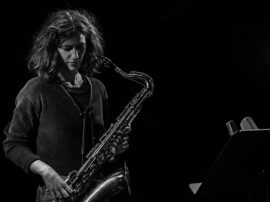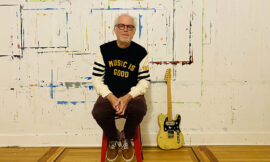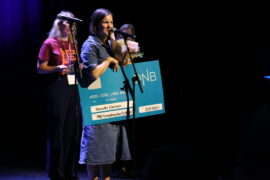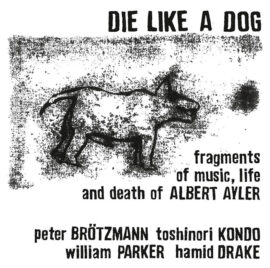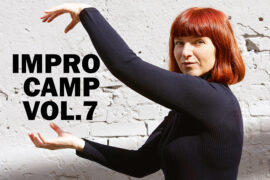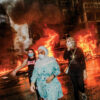
Jerusalem In My Heart (JIMH) is the uncategorizable, experimental electronics project led by Lebanese-Canadian Radwan musician-producer Radwan Ghazi Moumneh, aiming to decolonize all oppressed people, from Palestine to Turtle Island (the name for Earth or North America, used by some Indigenous peoples in Canada and the United States), «From the river to the sea». «Qalaq» (deep worry in Arabic, قَلِقَ) is another unsettling and uncompromising yet gripping and deeply emotional chapter in the sonic evolution of JIMH, focusing on the collapse of Lebanon and its capital, Beirut. The album cover – an image captured by photographer Myriam Boulous during the Beirut October Revolution of 2019, and the inner sleeve – photos of the Beirut port explosion aftermath by Tony Elieh (of Karkhana band), further contextualizes the lamentations of «Qalaq» – the deep worry at its heart.
Moumneh created «Qalaq» as a «dismantled orchestra, across dissociated/isolated space-time», during the winter lockdown of 2020-21 in Montréal. He invited musicians like American hip-hop poet-vocalist Moor Mother, Canadian sound artist Tim Hecker, Colombian electronic musician Lucrecia Dalt, American multi-instrumentalist Greg Fox, French post-rock band Oiseau-Tempête. American-Candian filmmaker-singer-activist Alanis Obomsawin and Lebanese Rabih Beanini (aka DJ Morphosis) and fellow-Lebanese «A» Trio (Mazen Kerbaj, Sharif Sehnaoui & Raed Yassin) to use his source materials as an open canvas, giving each artist a section to decompose, edit, re-interpret and recompose as they desired. Later he framed the album with spoken and sung Arabic, his buzuk playing and sound design.
The first side of «Qalaq» will be adapted as an audio-visual version with the new member of JIMH, experimental filmmaker Erin Weisberger. The five haunting electroacoustic soundscapes on this side suggest nuanced and carefully arranged aural reflections of Lebanon as a flourishing culture and musical center of the Arab World, and rely on experimental Arabic music, wrapped by manipulated and processed electronic sounds. The eight short pieces on the second side are all named «Qalaq», are more abstract, and follow the contributing musicians’ ideas. These pieces represent the degree to which the layered and complex violence Lebanon and the Levant have reached in the last couple of years. These pieces address the utter failure of the Lebanese sectarian state that drove the economy to a grinding halt, its disastrous handling of the migrant influx from neighboring failed states, the endemic corruption that led to the August 2020 port explosion, as well as the latest chapter of Palestinian erasure and yet another brutally asymmetrical and disproportionate bombing campaign on Gaza. «Qalaq3», with the hypnotic delivery of Moor Mother, and the chaotic «Qalaq9», with the «A» Trio, capture best the longing to beautiful, vibrant Lebanon and Beirut.
The two sides of «Qalaq» offer a bold, disturbing yet powerfully immersive statement about the commitment of art, and, hopefully, of us all, for social justice, not only in Lebanon or Palestine but everywhere.
Eyal Hareuveni
Radwan Ghazi Moumneh (elec, sound design, buzuk), Greg Fox; Alexei Perry Cox; Beirut, Lucrecia Dalt; Farida Amadou & Pierre-Guy Blanchard; Alanis Obomsawin & Diana Combo; Roger Tellier Craig; Moor Mother; Rabih Beaini; Oiseau-Tempête; VÍZ [Réka Csiszér]; Tim Hecker; Mayss, Mazen Kerbaj, Sharif Sehnaoui & Raed Yassin.

